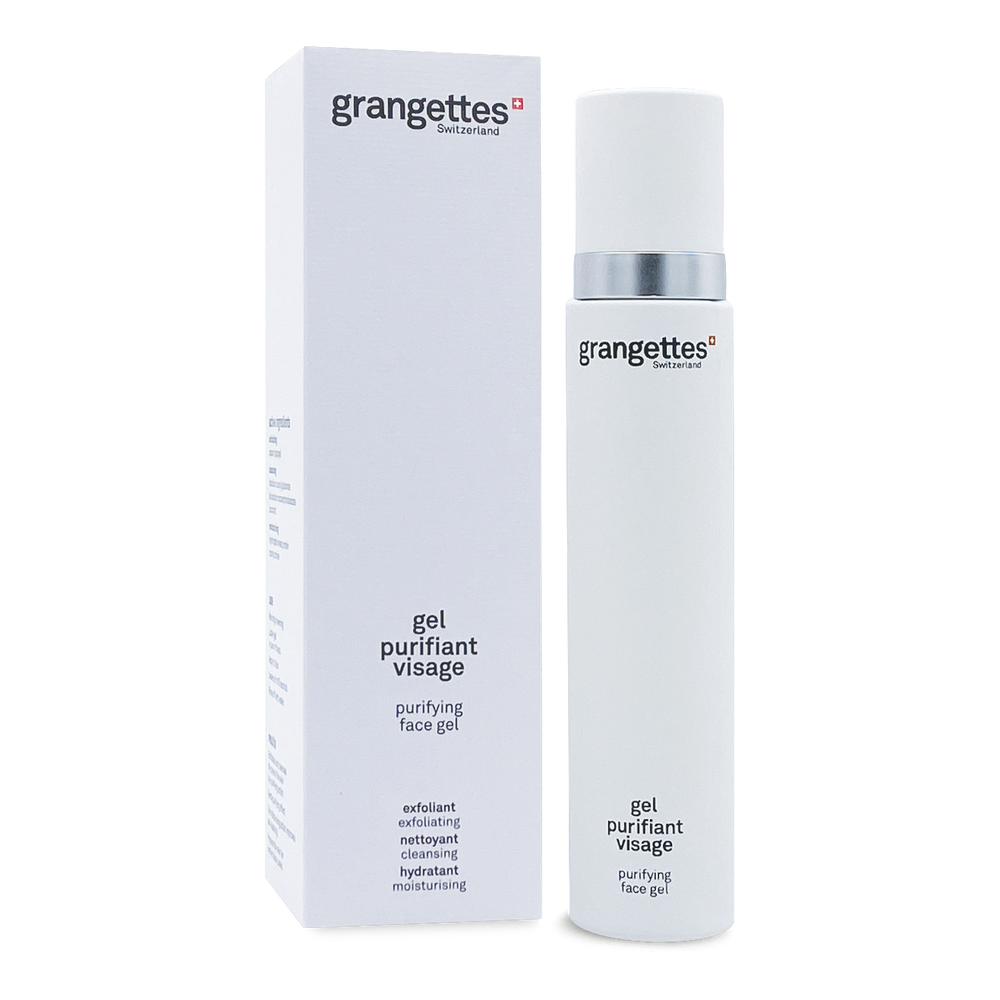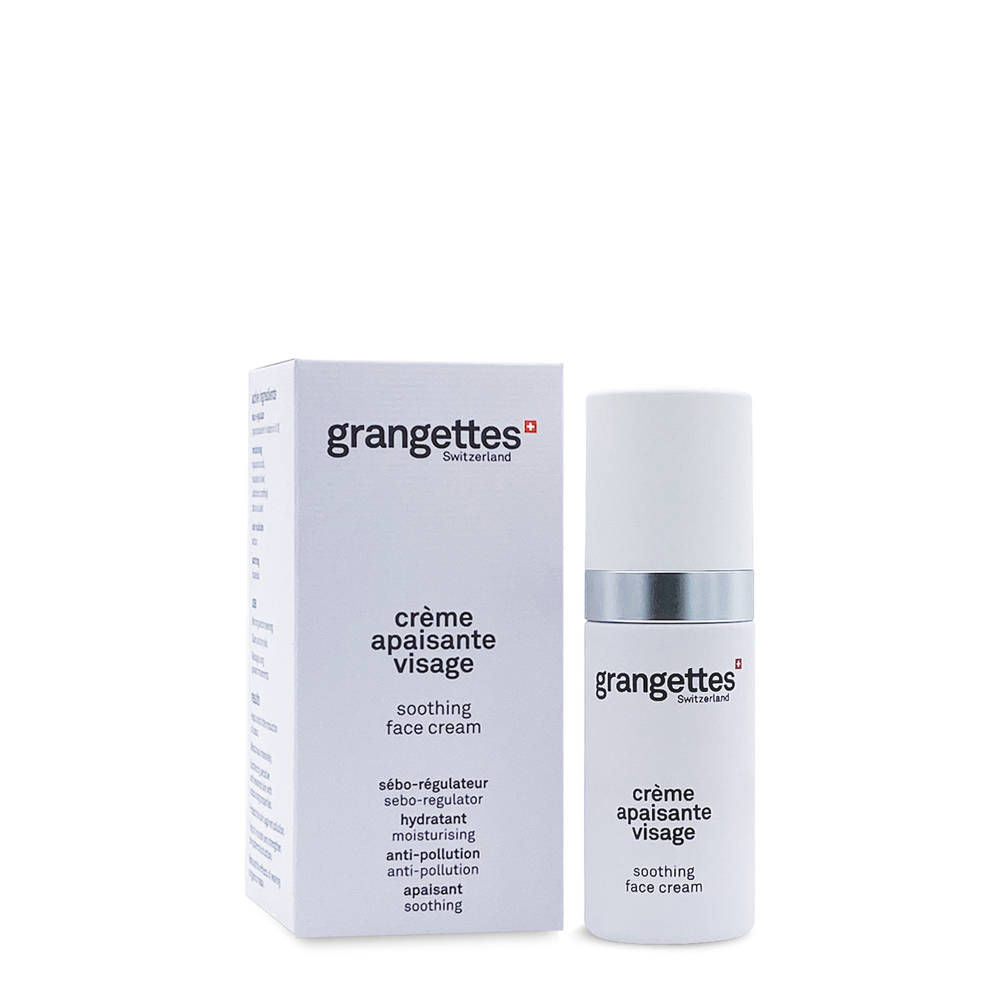Stress and skin: a complex biological link
The skin is the largest organ of the human body, and it is directly connected to the nervous system through receptors and glands. When the body perceives a threat or a stressor, it triggers a cascade of physiological reactions: this is called the "stress response."
This response involves two main hormones:
- Cortisol, often referred to as the "stress hormone";
- Adrenaline, which prepares the body to react quickly.
These hormones, although necessary in emergency situations, can have negative effects on the skin when produced excessively or for prolonged periods.
Stress-related acne
Stress is one of the main causes of acne-prone skin. It acts in different ways:
- Overproduction of sebum: cortisol stimulates the sebaceous glands, leading to an increase in sebum production. An excess of sebum clogs the pores and promotes the formation of blackheads, pimples, and cysts;
- Increased Inflammation: stress amplifies inflammation throughout the body, including the skin. This worsens existing acne lesions and can make the skin more sensitive to irritations;
- Slowing down healing: stress reduces the skin's ability to regenerate, which prolongs the lifespan of skin rashes.

Stress causes premature aging and wrinkles.
Chronic stress contributes to premature skin aging. Indeed, it causes an oxidative imbalance, leading to an overproduction of free radicals that damage collagen and elastin. These two proteins are essential for the firmness and elasticity of the skin.
At the same time, prolonged exposure to cortisol reduces the production of collagen, which accentuates the appearance of wrinkles and fine lines. Stress also disrupts the skin barrier, leading to water loss and a drier skin.
Stress and pigmentation problems
Stress can play a role in pigmentation disorders:
- Post-inflammatory hyperpigmentation: inflammations related to stress or acne can leave brown or red spots after healing;
- Melasma: stress, associated with hormonal imbalances, can exacerbate melasma, a condition characterized by pigmented spots on the face.
Stress exacerbates existing skin diseases.
For people suffering from chronic skin diseases (such as psoriasis, eczema, or rosacea), stress can be a triggering or aggravating factor:
- In case of psoriasis: stress stimulates an excessive immune response, leading to psoriasis flare-ups;
- In case of eczema (atopic dermatitis): stress disrupts the skin barrier, making the skin more sensitive to external irritants and eczema flare-ups;
- In case of rosacea: cortisol spikes increase redness and rosacea flare-ups, especially in predisposed individuals.

Stress causes increased sensitivity and redness.
Stress makes the skin hypersensitive and reactive. Indeed, it leads to a loss of essential lipids, making the epidermis more vulnerable to irritants. Stress spikes can also cause dilation of blood vessels, resulting in redness in the face and a sensation of warmth.
Stress, loss of radiance and dull complexion
A stressful life often reflects in a dull complexion and a tired skin. Indeed, stress diverts blood flow from "non-essential" organs like the skin, which reduces the supply of oxygen and nutrients. But that's not all: when the body is under stress, it eliminates toxins less efficiently, which can give the skin a grayish appearance.
How to limit the impacts of stress on the skin?
Fortunately, there are ways to counter the negative effects of stress on the skin...
Transform your skincare routine
Your goal? To find a minimalist skincare routine that allows you to cleanse and hydrate your skin every day:
- Clean : use a cleanser that removes impurities without altering the skin barrier;
- Moisturize : choose products rich in hyaluronic acid or antioxidants to strengthen the skin barrier.
The Grangettes purifying gel removes dead skin cells, revealing a fresh and radiant complexion. To hydrate your skin, you can then rely on the Grangettes soothing face cream: it hydrates with hyaluronic acid, offers anti-pollution protection thanks to ectoine, and soothes sensitive skin with bisabolol. This treatment strengthens and relieves sensitive skin, reducing the feeling of tightness for balanced and healthy skin.
- Regular price
- 41,35 €
- Regular price
- Sale price
- 41,35 €
- Unit price
- per
- Regular price
- 40,20 €
- Regular price
- Sale price
- 40,20 €
- Unit price
- per
Integrate soothing active ingredients
In your skincare, look for ingredients like niacinamide, which helps reduce inflammation and improve the skin barrier. Antioxidants (vitamin C, E) are also essential: they will help you effectively combat free radicals.
Reduce daily stress
In daily life, adopt stress management techniques, such as meditation and yoga. These practices help calm the nervous system and regulate cortisol.
Also make sure to do exercise every day. Physical activity stimulates blood circulation and promotes better oxygenation of the skin.
Finally, take care of your sleep: the benefits of sleep on the skin are numerous! Getting enough sleep allows the body to repair the damage caused by stress.






